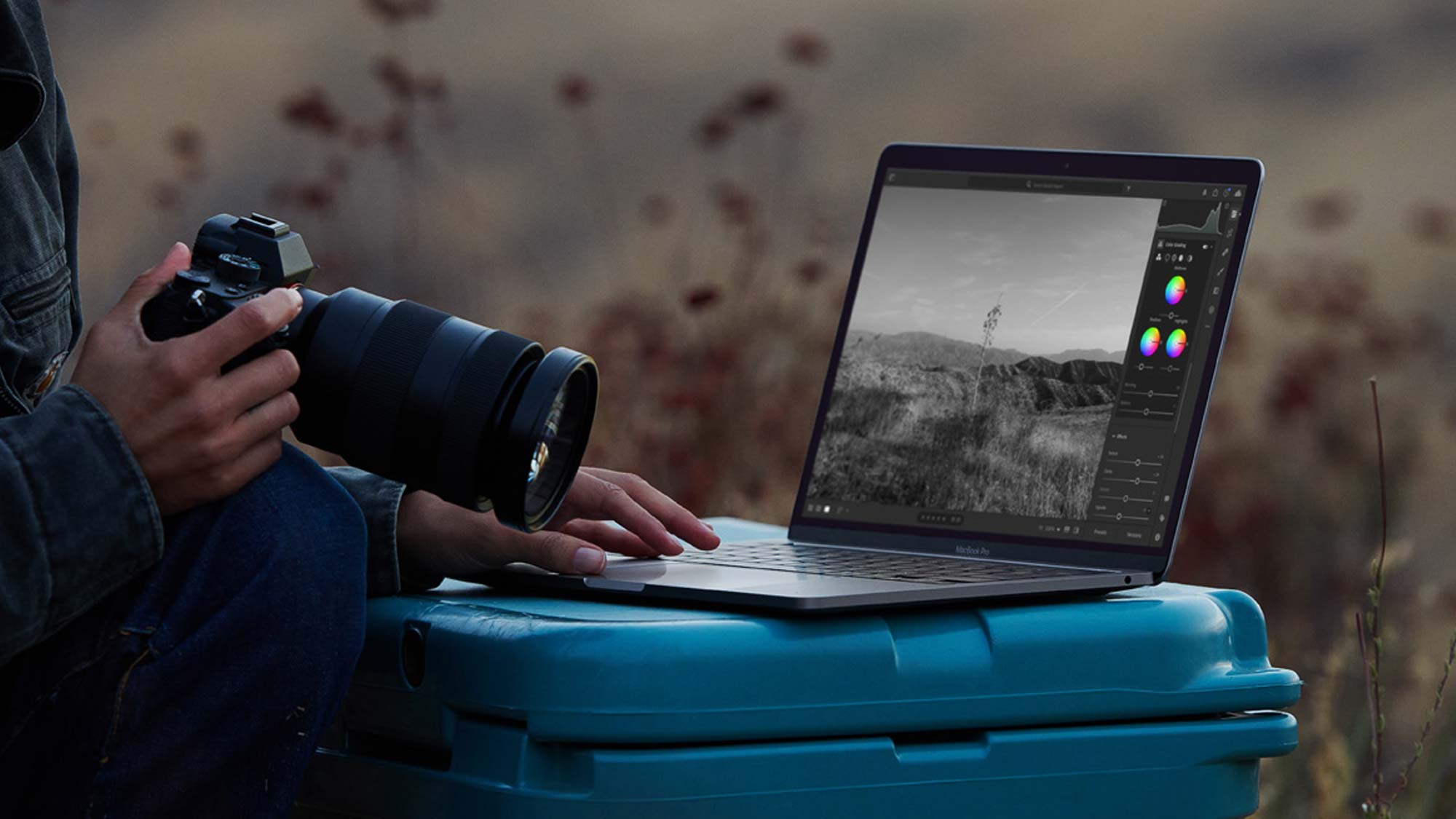Apple Silicon M1 Macs just lost access to a lot of apps
Apple disables the sideloading of iOS apps to M1 Macs

One of the advantages of Apple Silicon — Apple's ARM based processor found in the new M1 MacBooks and M1 Mac mini — is that it can natively run applications intended for iOS devices. The flipside of this, of course, is that software originally designed for Macs with Intel processors wouldn't necessarily play nicely.
Perhaps to make up for this early shortfall of software, Apple initially allowed any iPhone application to run on Apple Silicon based Macs by letting users sideload the apps using software like iMazing. But according to a new report from 9to5Mac, Apple has now closed this loophole, bringing the new Macs in line with the 'walled garden' approach of iOS, where unauthorized apps can only be installed via a risky jailbreak.
- MacBook Air with M1 review: A computing revolution
- The best MacBooks
- Plus: Apple Silicon M1 Macs hit by screensaver bug — here’s how to fix it
Although this affects both the current macOS Big Sur 11.1 and the developer version of Big Sur 11.2, the message for the latter is more specific: "This application cannot be installed because the developer did not intend for it to run on this platform." Software that has previously been sideloaded continues to work for now, as this only impacts application installations — just make sure you don't uninstall it, as you won't be able to get it back on.
To be clear, this isn't going to impact any developer that actively wants their iOS software on people's Apple Silicon Macs. Developers who aren't comfortable with their software running on Macs can simply opt out, removing their app from the Mac App Store. It's understandable why they might do this: the new MacBooks don't have touchscreens, so the experience was always going to be different — something users might not grasp before hitting that one-star review button, damaging their reputation elsewhere.
But it means that, for now at least, there are no M1 Mac apps for big hitters like Netflix, Instagram and Facebook, which once could have been neatly sideloaded to the computer.
It's a pity, but otherwise the launch of the first Apple Silicon Macs has been a triumph. As we said in our Apple Mac mini review: "For most uses the Apple M1 chip can take on Core i3 and Core i5 processors and win." It’s this kind of impressive performance that reportedly has Apple feeling confident in releasing iMac and Mac Pro desktop computers based on its own chips in the near future.
Sign up to get the BEST of Tom's Guide direct to your inbox.
Get instant access to breaking news, the hottest reviews, great deals and helpful tips.
Freelance contributor Alan has been writing about tech for over a decade, covering phones, drones and everything in between. Previously Deputy Editor of tech site Alphr, his words are found all over the web and in the occasional magazine too. When not weighing up the pros and cons of the latest smartwatch, you'll probably find him tackling his ever-growing games backlog. Or, more likely, playing Spelunky for the millionth time.

